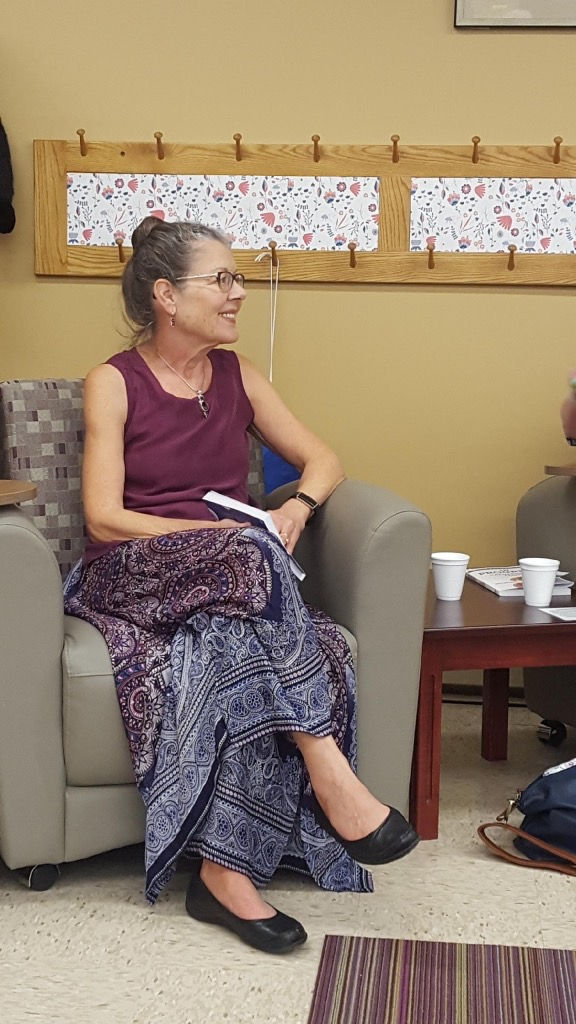My grandfather and Darwin
- melissa39316
- Dec 14, 2023
- 3 min read
Oct. 9, 2013
My maternal grandfather, James Howard Zant, was born on a ranch near Aspermont, the seat of Stonewall County, Texas, northwest of Dallas. The town was founded in 1889; Granddaddy arrived on the scene in 1897. His father, John Solomon Zant, was born in 1860 in Murray County, Georgia and migrated to Texas after the Civil War; he remembered driving a herd of cattle along the Shawnee Trail, which ran right through the centre of Dallas, to get it to North-bound railheads. He married Mary Elizabeth Loving in 1889. My relatives have sought in vain a for some kind of connection with Oliver Loving of Lonesome Dove fame; I remain hopeful. Oliver Loving. Wouldn’t that be cool?
Granddaddy was one of twelve children. They all went to University; even the girls -- remarkable for the time and the fact that we’re not talking South Fork here. Granddaddy’s family all called him Bob, despite his being named Jim. When Mom asked her grandmother why they did this, she replied that, after the last child – Royce Darwell Zant – was born, they realized that they had forgotten to name somebody Robert. They made up for this apparently grievous failure by calling Granddaddy Bob. I don’t know if they called somebody else Jim to deal with the problem created by their solution to the previous problem.
I know only one story about my Grandfather’s family. His father, feeling that his mother was due some respite after twelve children, built her a playhouse where she could retire and, presumably, scream. One day a tornado picked the playhouse up and deposited it, intact, as far away from the main house as you could get and still be on the ranch. Apparently the forces of Nature felt that Mary Elizabeth needed even more distance from her brood and conspired to make it so. In their West Texas community this ranked somewhere between a miracle and a phenomenon. For a while people came from miles around to see the relocated structure and hear the story. Then they stopped.
My Grandfather’s first teaching job was in the high school in Durant, Oklahoma. He taught mathematics and saved up money for graduate school by coaching the school’s basketball team. If you lived in a small town and taught high school in those days, it was expected that you go to church, so every Sunday, my grandmother and he would put on their Sunday-go-to-meeting clothes and head on down to the Methodist Church. The year was 1925 and the Scopes Trial and evolution were being hotly debated nationwide. In due course the minister, evidently not a big fan of Darwin, thundered, “If anyone in this congregation believes that man descended from apes, let him stand and be recognized!”
So my grandfather stood. Despite my grandmother’s frantic attempts to get him to for-god’s-sake-sit-down-this-is-SO-embarrassing, he stood.
No one else did.
Awkward!
My grandfather looked around, then, realizing that the cat was well and truly out of the bag, he picked up his hat, exited the pew and headed down the aisle towards the church door, my utterly mortified grandmother scuttling behind him, red faced and furious. Granddaddy wasn’t the sort to pick a fight; he was no ideologue. And his background wasn’t that much different from all the other people in that church. It was just that, yes, he’d been to college and, true, he was a mathematician and, therefore, a kind of scientist, and, don’t you know, he’d had him a look at monkeys and they sure looked a lot like some people he knew, so . . . . yes. Yes, he thought mankind probably did descend from apes. It just made sense.
Except for weddings and funerals, Granddaddy never set foot in a church again. Instead he went on to earn a PhD in Mathematics from Columbia University and become one of the pioneers of New Math and the author of a number of influential text books. Truth be told, he had a pretty illustrious career. There were a whole lot of reasons to be proud of my grandfather, but what he did in that church that day … I think that’s what makes me proudest.



Comments